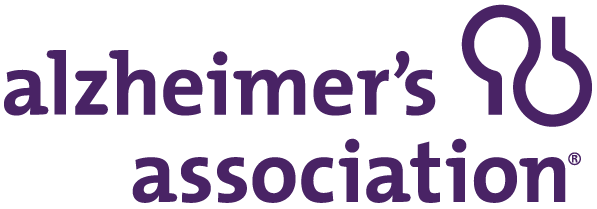Jutkowitz E, Pizzi LT, Shewmaker P, Alarid-Escudero F, Epstein-Lubow G, Prioli KM, Gaugler JE, Gitlin LN. Cost-Effectiveness Of Non-Drug Interventions That Reduce Nursing Home Admis- sions For People Living With Dementia. Alzheimer’s & Dementia: The Journal of the Alzheimer’s Association, 2023 (Online First).
Published in: Alzheimer’s & Dementia: The Journal of the Alzheimer’s Association

Abstract
Background
Six million Americans live with Alzheimer’s disease and Alzheimer’s disease and related dementias (AD/ADRD), a major health-care cost driver. We evaluated the cost effectiveness of non-pharmacologic interventions that reduce nursing home admissions for people living with AD/ADRD.
Methods
We used a person-level microsimulation to model the hazard ratios (HR) on nursing home admission for four evidence-based interventions compared to usual care: Maximizing Independence at Home (MIND), NYU Caregiver (NYU); Alzheimer’s and Dementia Care (ADC); and Adult Day Service Plus (ADS Plus). We evaluated societal costs, quality-adjusted life years and incremental cost-effectiveness ratios.
Results
All four interventions cost less and are more effective (i.e., cost savings) than usual care from a societal perspective. Results did not materially change in 1-way, 2-way, structural, and probabilistic sensitivity analyses.
Conclusions
Dementia-care interventions that reduce nursing home admissions save societal costs compared to usual care. Policies should incentivize providers and health systems to implement non-pharmacologic interventions.